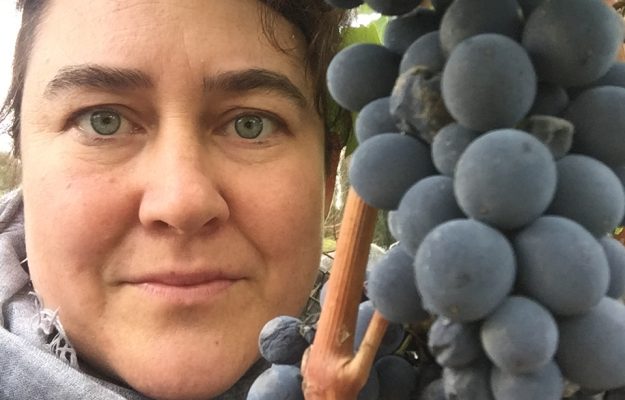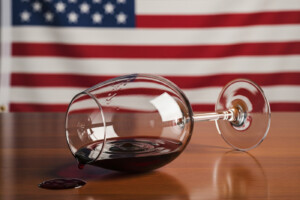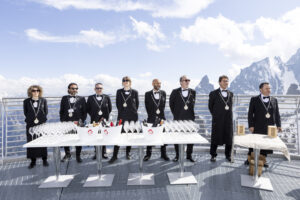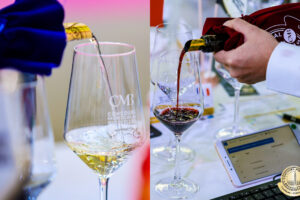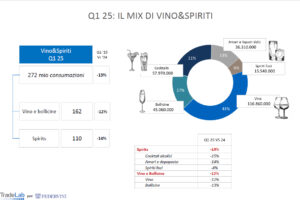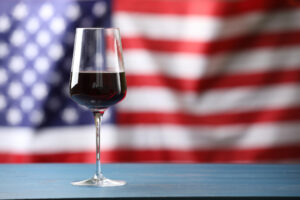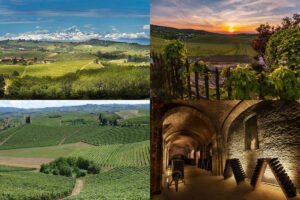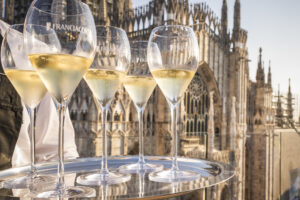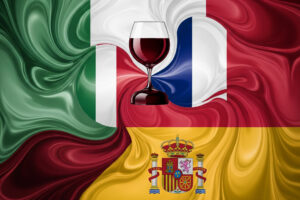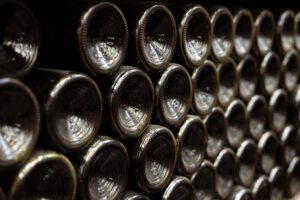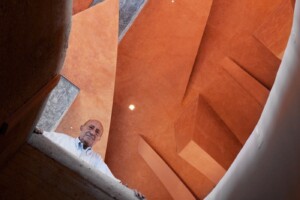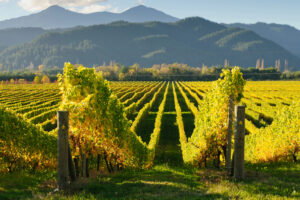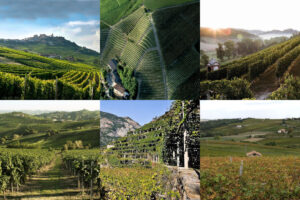There are many themes that wine is facing these days, starting from sustainability, both environmental and social, in the vineyard and in the cellar, passing through the value of organic and biodynamic production and another hot topic, that of the alcohol content, which increases as temperatures rise, even where, normally, it has never been a problem, and again, the role and weight of brands in the dynamics that face territories and denominations. But it is from the universal and transversal one of sustainability, a value requested by consumers and the trade and on which producers are working hard, that Monica Larner, one of the most authoritative journalists and wine critics, and signature for Italy of the prestigious “Robert Parker - The Wine Advocate”, takes her cue, in her interview with WineNews, as it was precisely “The Wine Advocate” that thought of enhancing it with the “Robert Parker Green Emblem”, which, in its first edition, awarded symbolic wineries of Italian viticulture such as the Sicilian Tasca d’Almerita, Alois Lageder in Alto Adige and Salcheto in the land of Nobile di Montepulciano.
“It is a project we have been working on for more than two years, because we felt the need to do it, for many reasons. The first one is that it is part of the quality of wine and of what producers themselves see in their product, which is always the reflection of a territory, of soils to be protected and vineyards through which to protect healthy ecosystems, both for the product and for the world of wine as a whole”, explains Monica Larner. Viticulture of the future must be sustainable, both from an environmental as well as economic and social point of view, balance wineries must aim to achieve “by looking at many different aspects”, Monica Larner resumes. “Starting from the management of the winery itself, but it is always necessary to have an eye on the social dimension, keeping in mind the reality that surrounds us, creating harmony between those who work in the vineyard and the products and materials that are used in the winery, with an approach that starts from the bottom to point up and vice versa and that includes and involves the whole supply chain, in order to make the best of a company’s sustainability project”.
In this sense, organic and biodynamic productions, besides thoughtful choices made by winemakers who are particularly sensitive to environmental issues, have now also “a marketing component, an aspect on which we have worked a lot, within the “Robert Parker Green Emblem”. In the end, we created two projects: one is a filter, to our database, through which it is possible to search for wines certified as organic or biodynamic; moreover, we recognize the fact that there are many wineries, that for many reasons do not have any certification, that we know how to work in an important way on the theme of sustainability, therefore the “Green Emblem” was born, an award that should be given also to those who are not certified but that, in this field, make great efforts”.
Changing the subject radically, but staying in the wake of the change between the rows, it is interesting to notice how in all the most important wine territories of the world, including Italy, the alcohol by volume has increased a lot in the last decades, also because of Global Warming, and this despite the market has been asking for a long time for lighter wines. “A real demand that comes from consumers all over the world”, says the Italian editor of The Wine Advocate. Adding, however, that “the problem of rising alcohol is an issue that must be kept under control, because it is a fact that we are recording in many wine areas, even in Italy, where traditionally the alcohol content had never been so high”.
Denominations and territories in which brands play a fundamental role, in their affirmation, especially in a historical moment like the one we are living, in which territorial identity has an increasingly relevant weight. “They are two engines that go together: brand and territory. There has always been a debate about who drives more between the two, and perhaps the right answer is one: they have to work together, because in a great territory a great brand that works to open new markets also gives smaller ones the chance to follow the open road and grow, becoming a winning formula, which we have seen in all the most important wine areas, including Montalcino and Barolo”. Talking about territories and appellations, the future passes through the new generations at the helm of Italian wineries, which will have to lead Italian wine into the future, out of the pandemic, starting “from Sicily, where there is a great ferment among producers, who have a great desire to revive, to offer their wines. But even in a smaller appellation, in the heart of Tuscany, such as Vernaccia di San Gimignano, I notice a very high presence of organic wines, which gives me hope for a system that can work through the whole appellation. Umbria is also very active, but in the end, we are all ready for a rebirth, the moment has arrived for the whole Italian wine system. We must get back to being seen, go to new markets, start traveling again and marketing with enthusiasm, proposing the wines of this beautiful country”, Monica Larner concluded.
Copyright © 2000/2025
Contatti: info@winenews.it
Seguici anche su Twitter: @WineNewsIt
Seguici anche su Facebook: @winenewsit
Questo articolo è tratto dall'archivio di WineNews - Tutti i diritti riservati - Copyright © 2000/2025










